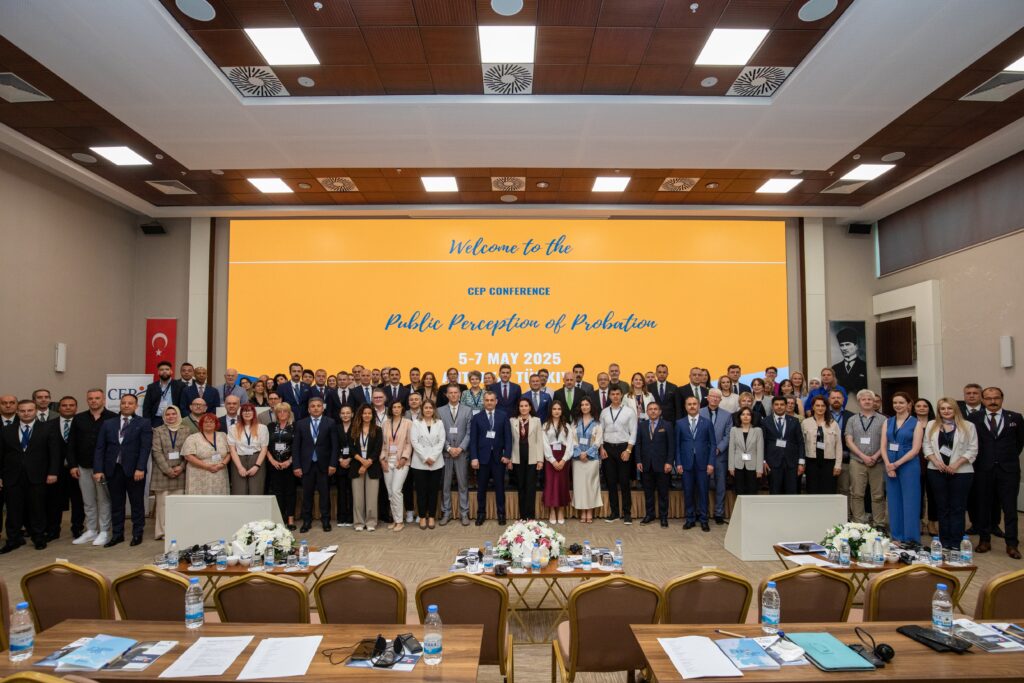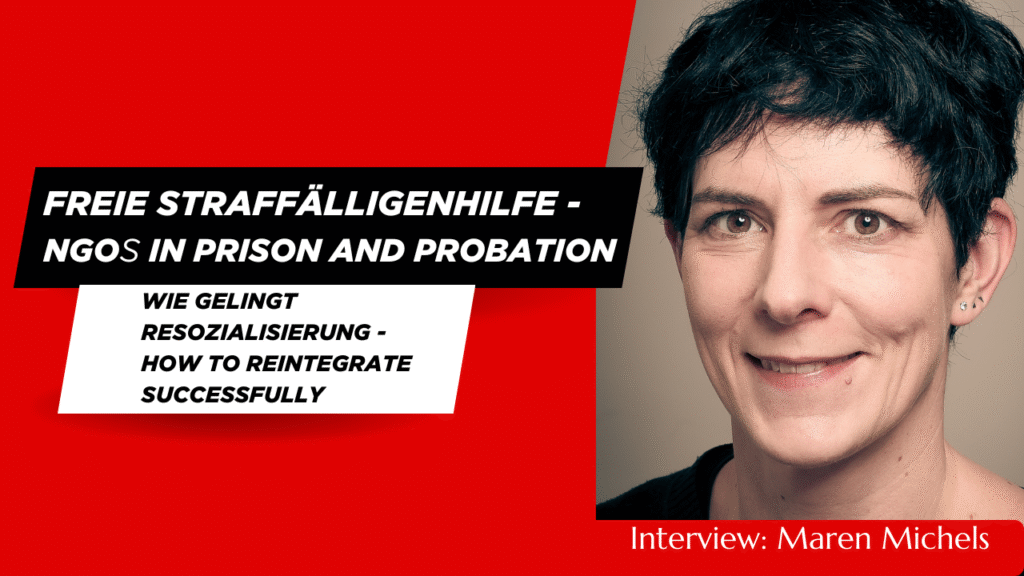Previous Article
News
The International Desk of the Dutch Probation Service: What we do and how we work
The International Desk was founded in 2012. We perform executive, coordinating and advisory work regarding the transfers of probation measures within the European Union.
This article is written by Gisella Conrad, she has been working for the International Desk of the Dutch Probation Service since April 2016.
It was anticipated that the amount of transfer cases that the probation officers need to deal with would increase, that’s why the Netherlands opted for an International Desk as a source for information for probation officers nationwide. We support probation workers with information and advice on the European Framework Decisions 947, 829 and to a lesser extent 909. In concrete terms, this means that we provide them with information about the feasibility of conditional sentences in other EU countries. The probation officers consult us to determine whether a proposed conditional sentence is feasible in the other member state. Among other things we inform them about the time limits of the probation period. In addition, the International Desk serves as an information point for the central authority to review the enforceability of the sanctions within the Dutch Probation Service.
The International Desk has developed work descriptions (factsheets) for various parts of the probation service:
- The supervisor who has questions about an incoming supervision from another member state can approach the International Desk with these questions.
- A probation officer who has to draw up an advisory report on an EU citizen can approach us to discuss whether it is advisable to recommend a conditional sentence. If an advisory report has to be drawn up for the court hearing, we provide written instructions to the advisors that can be added to the advisory report. The written instruction briefly states that the advice, if imposed, can be transferred to another EU member state based on the Framework Decisions. The contact details of the central authority are also mentioned in the written instruction. There are also short lines that note all the parties that are involved.
- The community service employees also contact us regarding transfer requests of convicted persons.
The strength of the International Desk
What we notice is that we are approached on a daily basis by supervisors, advisers and the community service employees who have questions about European transfer cases. Often we explain procedures and how to deal with such transfer cases. We explain that having social ties in the country where the convicted person wants to perform his sentence is an important condition. We also check whether the person has an address in the country concerned. Furthermore, we explain to our colleagues what the further judiciary process looks like. We also provide presentations at probation offices in the country. We mainly visit the offices in the border areas that have many transfer cases in our neighboring countries.
The effect of our work is that our colleagues are more aware of feasible transfer requests.
Cooperation with Central Authority
Important to mention is that we consult with our central authority on a daily basis and approximately twice a year we set up a meeting. The cooperation between our organisations and on which points it needs adjustment are discussed. Details of current transfer cases are also discussed if necessary.
Important role of probation organizations
The probation service is an important partner in the transfer of sentences. We encourage other probation organisations in the European Union to investigate how they can play a constructive role in this matter in their own country. After all, there is no doubt that both the client and the society benefit from resocialisation in their own country.

Related News
Keep up to date with the latest developments, stories, and updates on probation from across Europe and beyond. Find relevant news and insights shaping the field today.
Recap

CEP Events, Communication and Awareness-Raising
Recap: Conference on Public Perception of Probation
06/05/2025
From 6 to 7 May, the CEP Conference on the Public Perception of Probation in Europe took place in Antalya, Türkiye, bringing together over 100 participants from more than 20 countries. The event offered space for open discussion, exchange of experiences, and practical ideas on how probation is seen and supported across Europe.
New

Probation in Europe
New Interview Online with Felix Gerike, a survivor of a knife attack
01/05/2025
What do victims of violent crime need to recover—and what can be done to prevent such attacks?
In the latest episode of Division_Y, Jo Tein, CEP board member, speaks with Felix Gerike, a survivor of the 2023 Brokstedt knife attack in Germany. Felix played a crucial role in disarming the attacker, helping to prevent further harm. He shares his personal experience, reflections on victim support, and his views on justice and policy responses to violent crime.
Probation in Europe
New Executive Summaries for the report on Building Probation Capacity in Spanish and Italian
01/05/2025
Updated

CEP Board, Probation in Europe
New Interview Online: Maren Michels – The Role of NGOs in Probation
22/04/2025
In the newest Division_Y interview, Maren Michels, director of the Hamburg Welfare Association, shares her experiences and reflects on the vital role that NGOs play in supporting people during and after incarceration.
New

CEP Events
Want to Win a CEP Award? See How Finland Did It – Apply for 2025!
22/04/2025
We’re excited to share an exclusive interview with the winners of the Development of National Probation Services Award from the CEP Awards 2022:
The Prison and Probation Service of Finland.
New

Volunteers
International Day for Community Volunteers
17/04/2025
17 April – International Day for Community Volunteers!
Today, we celebrate the inaugural International Day for Community Volunteers Supporting Offender Reintegration—a day dedicated to acknowledging the vital contributions of volunteers who assist individuals in their journey back into society.
This initiative was launched during the 2nd World Congress for Community Volunteers, held alongside the 6th World Congress on Parole and Probation in The Hague (16–18 April 2024).
At CEP, we’re proud to support the official Declaration on the International Day for Community Volunteers. We’re also actively involved in the CoPPer project—a European initiative aimed at promoting community participation in probation services. CoPPer focuses on training volunteers to support individuals under supervision, helping them access education, employment, and community connections.
A heartfelt thank you to all the community volunteers out there—your dedication makes a real difference.
Subscribe to our bi-monthly email newsletter!
"*" indicates required fields
- Keep up to date with important probation developments and insights.

